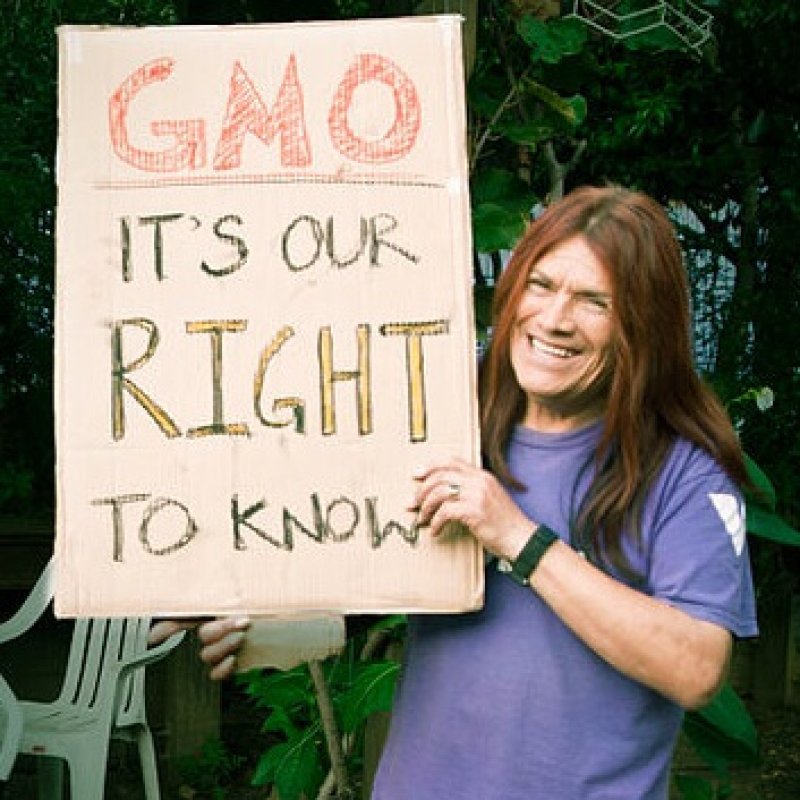Labeling should not be a government issue, Marc Brazeau, a farmer-turned-food writer, argued in his latest blog post on Real Food. According to Brazeau, because GMOs have been shown to be safe and substantially equivalent to ‘conventionally bred’ crops by the largest scientific organizations in the world, the government has no place in mandating labels.
Something as simple as an iPhone application could solve the labeling debate, Brazeau argued. Instead of investing millions of dollars in two failed GMO labeling campaigns in Washington and California, organizations such as the Non-GMO Project could have invested that money into something that Brazeau argued would be a “sure thing”: voluntary labeling, headed up by agriculture companies.
Brazeau supported the idea that labeling would add a level of transparency to genetic engineering that would placate unfounded fears, but he said that voluntary labeling supported by agriculture companies would be much more effective than government-mandated labeling:
The government should only step in and compel companies to provide information when there is a compelling public health interest. This is clearly not the case with GMO’s. The scientific consensus is clear that the GMO’s on the market present no different risk than their conventionally bred counterparts. You can disagree with the consensus. You can try to make the case for how 98% of the scientists working in the relevant fields got it wrong or why the recent meta review of 1,783 research papers, reviews, relevant opinions, and reports published between 2002 and 2012 was mistaken in its conclusion.
Read the full, original story here: “Why I Think Mandatory Labels for GMO’s is Bad Policy and Why I Think It Might Be Good Strategy and Why I Still Can’t Support It“
Additional Resources:
- “Why We Should Accept GMO Labels,” Scientific American
- “GMO labeling: Trick or treat?” Grist
- “Why we need to label GMO’s,” Mark Lynas































